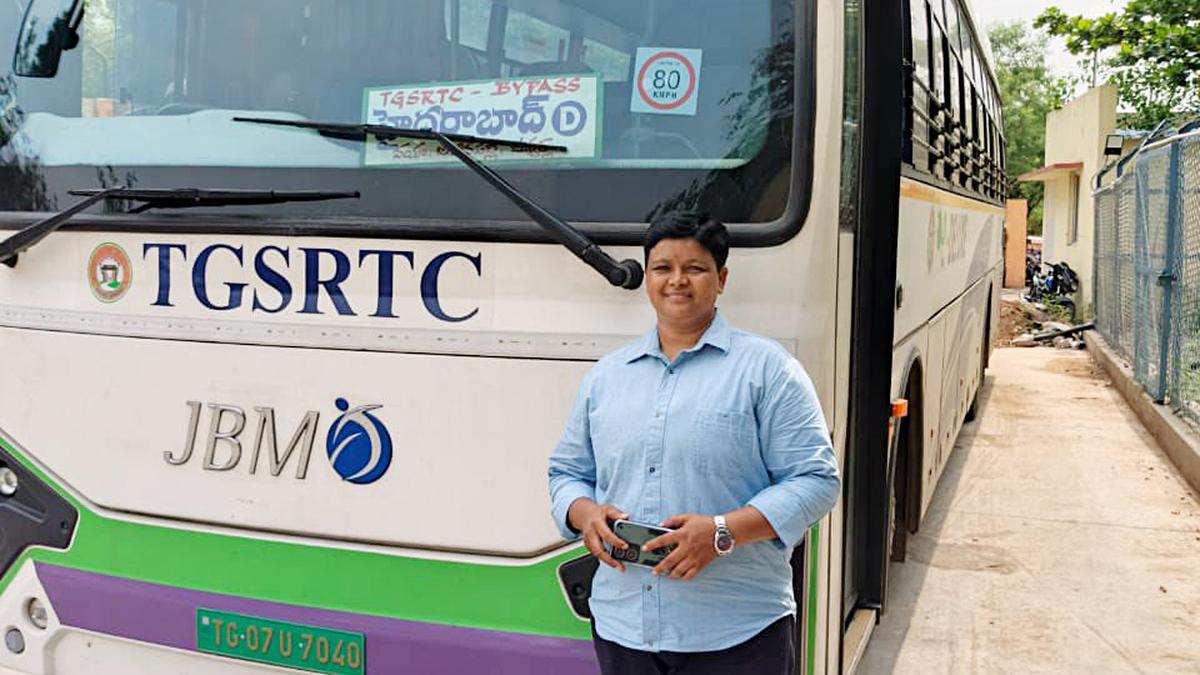Starting June 16, app-based bike taxi operations are expected to come to a halt across Karnataka, following the Karnataka High Court’s refusal to stay an earlier order mandating the suspension of such services unless the State introduces regulatory norms under the Motor Vehicles Act, 1988.
A Division Bench of the High Court, on June 13, upheld a single judge order dated April 2, which had directed all bike taxi services to wind up operations within six weeks. Although an extension was granted until June 15, the deadline now marks the end of bike taxi rides in the State unless a regulatory framework is introduced.
A senior official from the Karnataka Transport Department confirmed that the department is preparing to implement the court’s order and will not permit the continuation of bike taxi services beyond the stipulated deadline. However, regarding the regulatory framework the officer did not wish to comment.
The move is expected to affect thousands of riders and commuters. An executive from a leading bike taxi aggregator platform, speaking on condition of anonymity, said that over six lakh individuals in Karnataka depend on bike taxi gigs for their livelihood. “Most of them earn around ₹35,000 a month, and this ban could push many families into financial distress,” the official noted.
Impact of ban
The impact of the ban is twofold: while it disrupts the lives of gig workers, it also leaves commuters stranded. For several residents, especially those dependent on public transport, bike taxis provided a cheaper last-mile solution. Commuters said that the services were not only cheaper but also faster, helping daily office-goers and students navigate city traffic with ease.
A Whitfield resident and daily commuter, Rohan Imdapura, said, “Bike taxis were a lifesaver for people like me. Getting from home to the metro station used to cost barely ₹30–₹40. Now I will be forced to rely on autorickshaws, which are expensive and not always dependable.”
The court’s decision, however, has been welcomed by autorickshaw drivers, who have been at loggerheads with bike taxi operators over what they describe as unfair competition. Rudramurthy, general secretary of the Autorickshaw Drivers’ Union, said, “This verdict is a huge relief. Bike taxis were running without clear regulations, which affected our earnings and posed safety risks to commuters. The government must now ensure there are no illegal operations continuing under the radar.”
Over the past few years, tensions have flared between auto drivers and bike taxi riders, occasionally erupting into confrontations on the streets.
Uncertain future
Meanwhile, representatives of bike taxi riders said the decision has left thousands in limbo. Adi Narayana, president of the Bike Taxi Welfare Association, said many riders are approaching the association’s offices seeking clarity on their future. “Most of our captains have EMIs to pay, families to feed, and rent to cover. This is not just about losing a job, it’s about losing the ability to survive. Will the government offer any support?” he asked.
Rapido, one of the leading platforms operating bike taxis in the State, has responded to the High Court’s ruling by confirming that it will comply with the directive effective June 16. While the company clarified that it is not a party to the current legal case, it acknowledged the situation and said it remains committed to acting as a responsible participant in the State’s transport ecosystem.
“This is a difficult time for our captains, who depend on us for their main source of income. They have played a key role in enabling affordable, last-mile transportation for millions across Karnataka,” a Rapido spokesperson said.
The company stated it is actively engaging with the Karnataka Transport Department to develop a regulatory framework that is not only lawful but also viable for all stakeholders involved. It stressed that the safety of commuters and the well-being of gig workers will continue to be at the heart of its approach.
“We remain optimistic that ongoing discussions with the authorities will lead to a balanced policy framework, similar to those in other States and Union Territories,” the spokesperson added.
Published - June 15, 2025 08:17 pm IST



.png)
.png)
.png)
















 8 hours ago
5
8 hours ago
5








 English (US) ·
English (US) ·